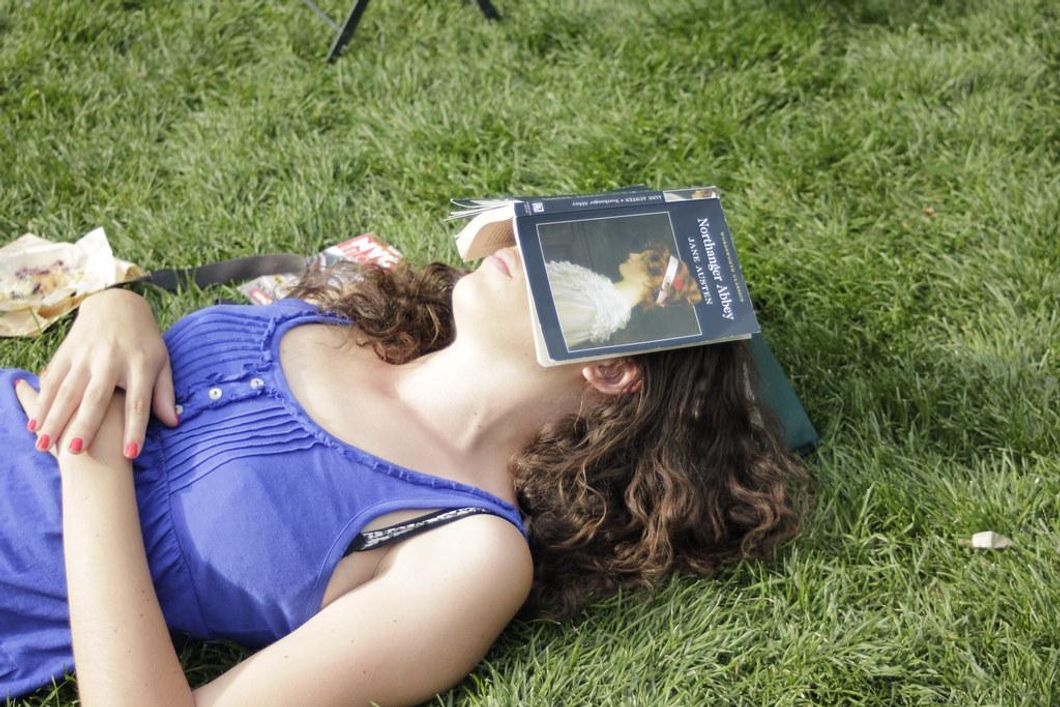From Emma to Bridgerton to an entire Tiktok hashtag dedicated to The Hand Scene, Jane Austen has resurged her relevance in 2020. With swoon worthy romances that captured the hearts of 19th century readers and beyond, her stories of tight-lipped passion and unspoken yearning in a restrictive culture continue to capture readers today.
The works of this beloved British author have endured over two centuries and impassioned generations of readers. Having lived in at the turn of the 19th century, her novels take place in England's Regency era. At the end of the Age of Enlightenment and the onset of the Romantic period, the Regency era is defined by its fashion, refinement, and rigid social structure. Austen's characters thrive in this world as members of the upper middle and wealthy classes, critiquing their opulent society and the social stratification within it.
Austen's novels typically revolve around romance, friendship, and the ridiculousness of Regency society. While men still had the upper hand, women and men alike were not permitted to be forward or explicit in their feelings. Women were expected to find a husband of good stature and wealth to provide for their families and eventual children, but Austen women do not allow themselves such complacency. Her characters asserted themselves as individuals with more mind and heart than what society expected of them. For the time, these obstinate headstrong girls boldly critiqued and defied the patriarchal expectations imposed upon them.
Today's culture however, is quite the opposite. Compared to the Regency era, 21st century is infinitely more tolerant and accepting than Austen's time. So why do generations continue to romanticize this completely foreign time period? Perhaps it is this difference which makes her stories so endearing.
The Regency era offers the ultimate escape as it is the complete opposite of our time. While not without its own historical changes, the time period was considerably different from ours. As our time is defined by upheaval, social consciousness, and questioning the constructs in which we were brought up, the regency era was a confined, strict time of decorum and structured socialization. While 2020 has us facing our own literal confinement, Austen's time of lush gardens, empire waist dresses, and handwritten letters had never seemed more endearing.
This revival can also be attributed to our own frustrations with technology. While technology and social media have made connection with others instant and accessible, it has drastically changed the way we socialize. Where Austen's characters interact with veiled language and tricky social slights, we are left in the confusing void of chat bubbles and read receipts.
In such suffocating frustrating times, we have found comfort in a time that both mirrors and completely differs from our own. In a short-lived era in a small country in an even smaller socioeconomic group, Austen survives as the ultimate escape from and examination of our own time.
- Ranking Jane Austen's 6 Major Novels ›
- Four Main Reasons I Love Jane Austen's Writing ›
- 6 Reasons Jane Austen Is A Literary Icon ›
- 11 Quotes That Prove Jane Austen Excels at Giving Life Advice ›





















